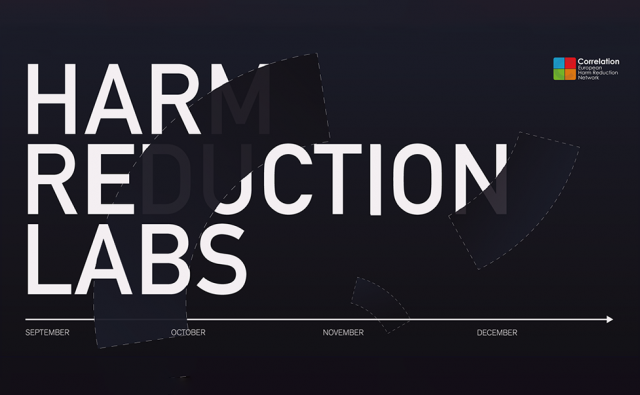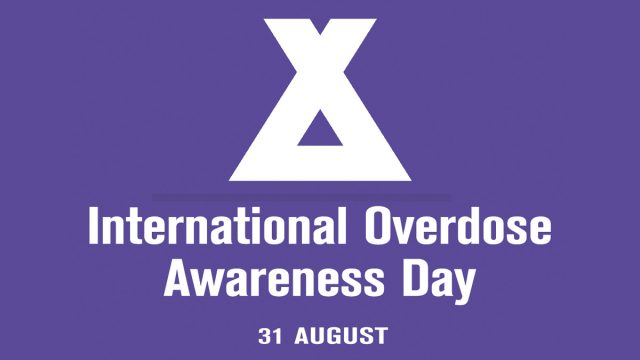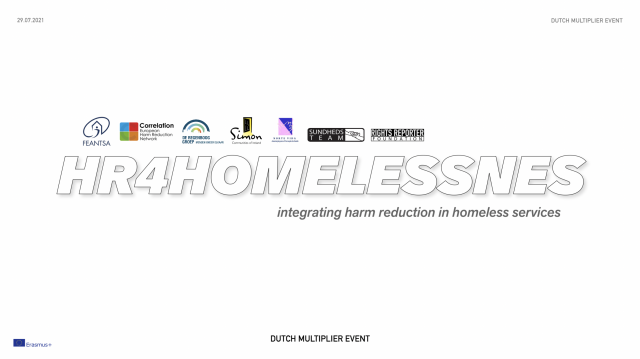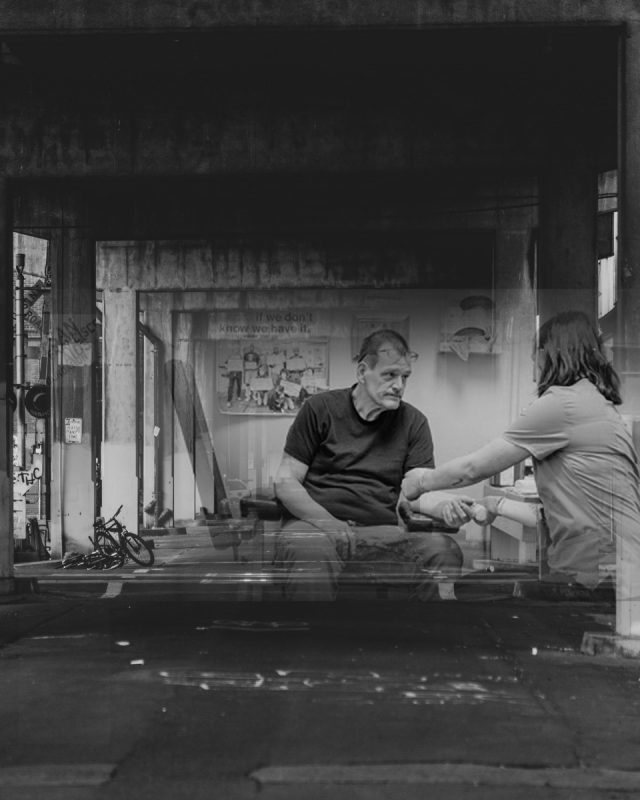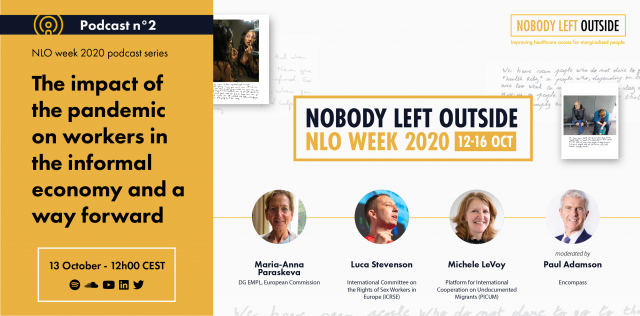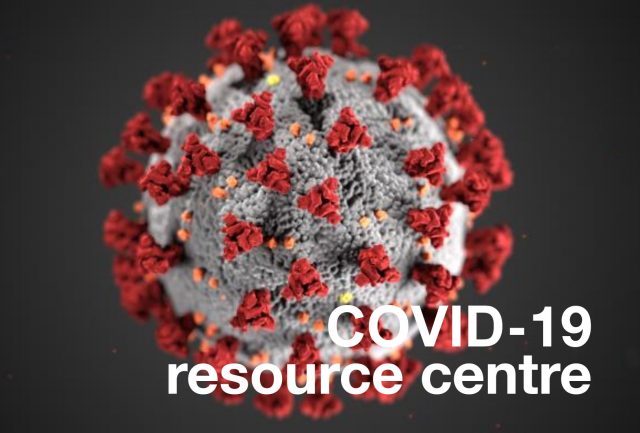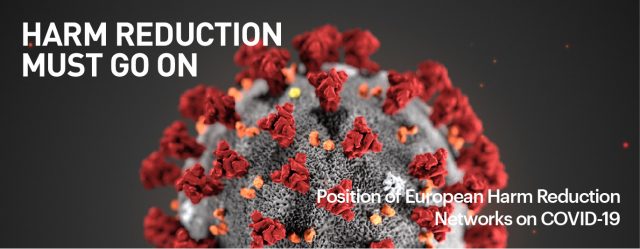We are delightfully exhilarated to present you with this exciting must-read publication, Harm Reduction Key Principles in Homeless Services. Special thanks to all our partners, FEANTSA, De Regenboog Groep, Simon Community, Rights Reporter Foundation, Sundheds Team and Norte Vida.
The Key Principles
The Key Principles of Harm Reduction are an innovative set of tools developed through the HR4Homelessness Project. The innovation lies in their capacity to translate existing experiences and knowledge on Harm Reduction into actionable guidance through an open, iterative and evolving framework.
The Key Principles aim to contribute to improving and transforming the services that shape access to and the quality of care that people experiencing homelessness who use drugs or alcohol receive. Further, they aim to support these services to respond to conditions that negatively influence marginalised and underserved communities’ social and health outcomes.
Why Harm Reduction? Why now?
Currently, a substantial number of programmes that support people experiencing homelessness in Europe require ongoing abstinence in order to receive or to access support services, including permanent housing. At the same time, a significant number of services currently articulate other conditions that, in combination with an abstinence requirement, result in high-threshold access to care and support and difficulties in generating engagement with people who use drugs or alcohol.
High-threshold models come with the risk of implementing a “one size fits all” model that does not respond to the complex realities and diverse experiences of people experiencing homelessness who use drugs or alcohol. Instead, high-threshold services articulate structures wherein those most in need of help are least able to access it and where services end up supporting individuals who can demonstrate the capacity for change prior to the conditions and support required to achieve such change. Such an approach is often experienced as shaming or stigmatising and acts as a barrier to building trust between individuals and services.
While evidence for the effectiveness of Harm Reduction exists, and a growing number of services in Europe, including homeless services, have started implementing Harm Reduction approaches as a guiding model in recent years, a substantial number of homeless services in Europe still lack the capacity to implement such strategies effectively. Next to this, mainstream Harm Reduction services that can implement Harm Reduction strategies and approaches generally focus too narrowly on technological or behavioural interventions centring upon personal change and not on systemic change.
In response, the Key Principles of Harm Reduction in Homeless Services aims to support service providers to implement activities that respect the rights of people experiencing homelessness who use drugs or alcohol, which are informed by evidence. It also intends to advance social justice transformations, respect service user decisions and priorities, and contribute to eliminating stigma and discrimination of the communities they work for and with.
For more information about this resource or the HR4Homeless Project, please contact rpgayo@correlation-net.org



